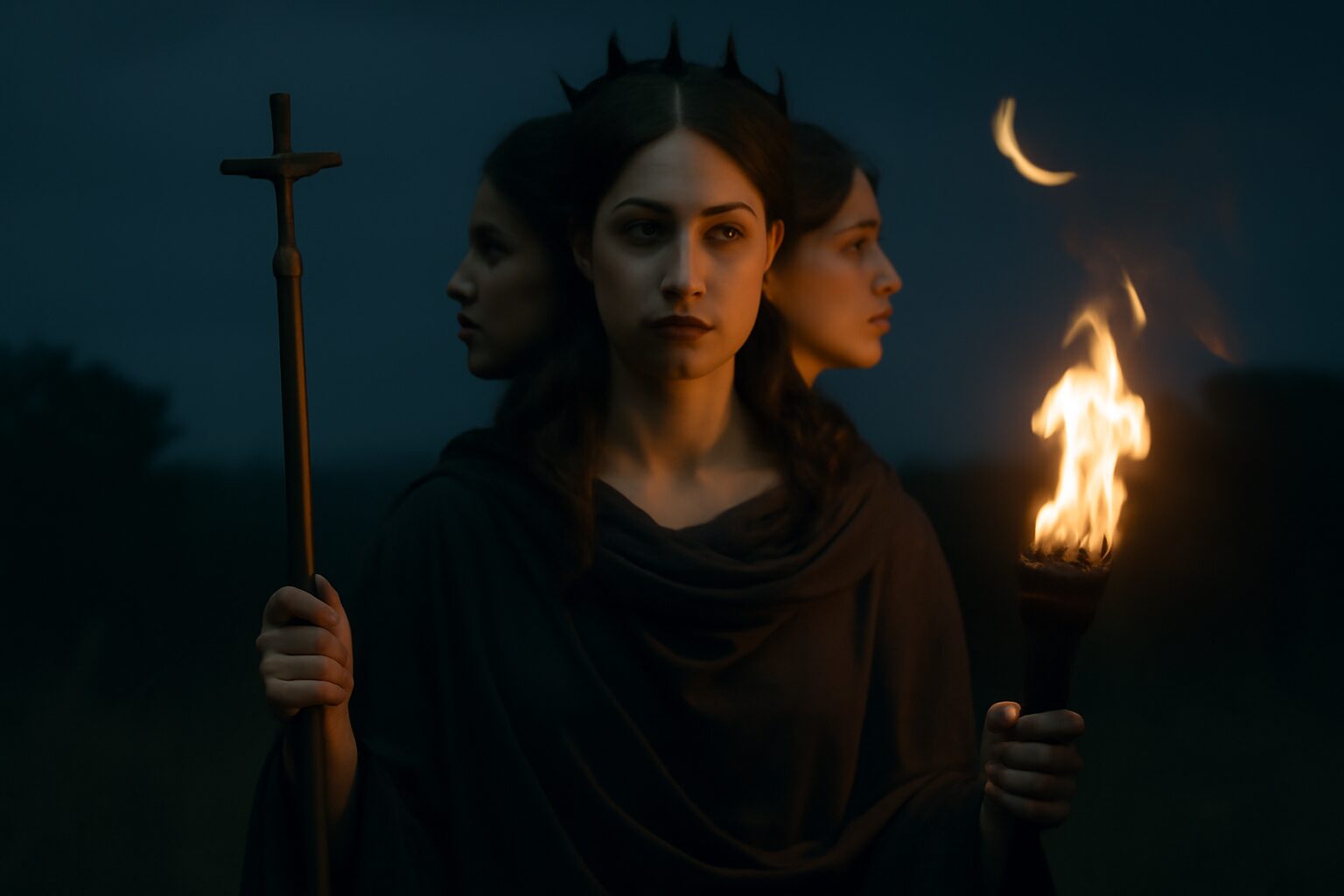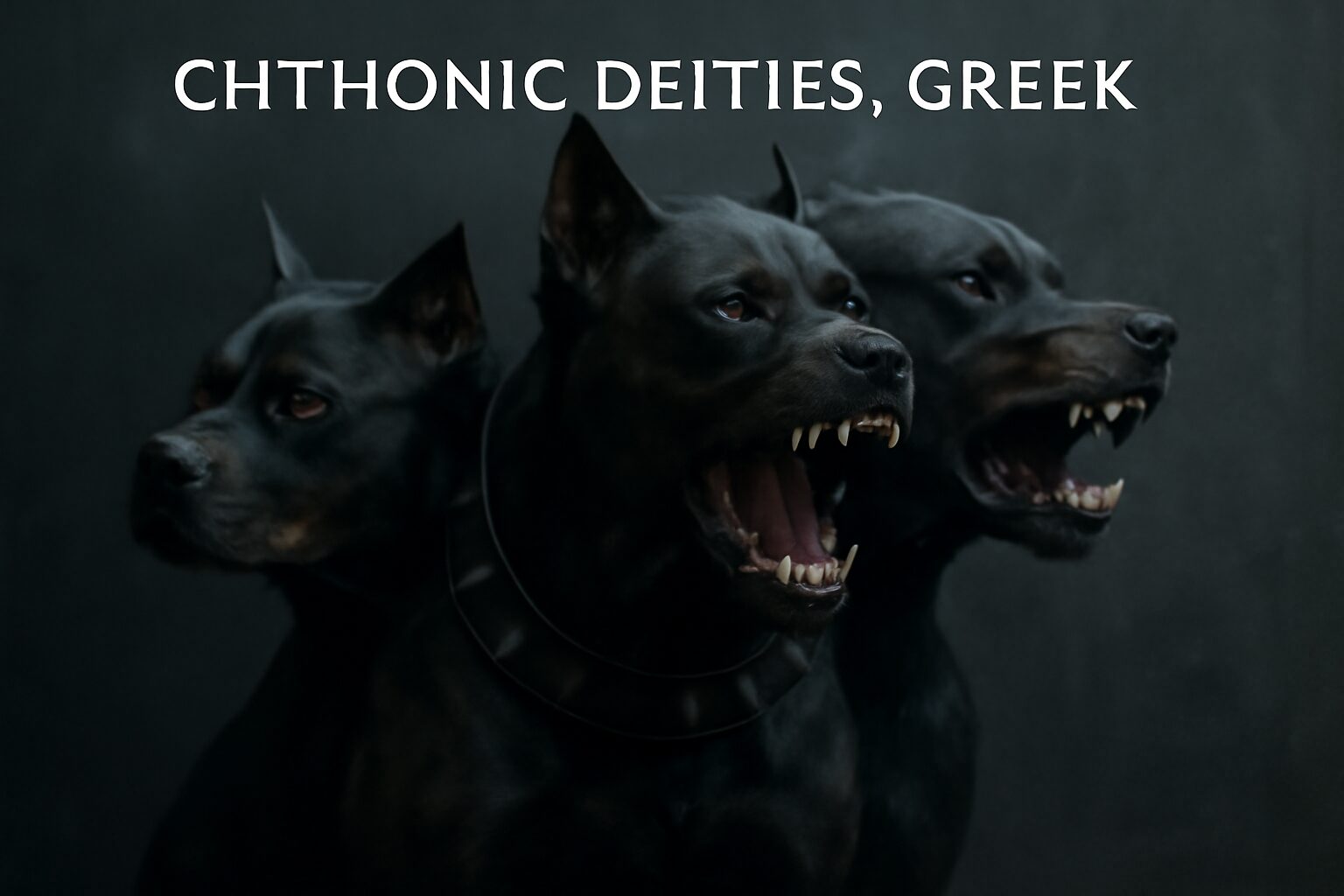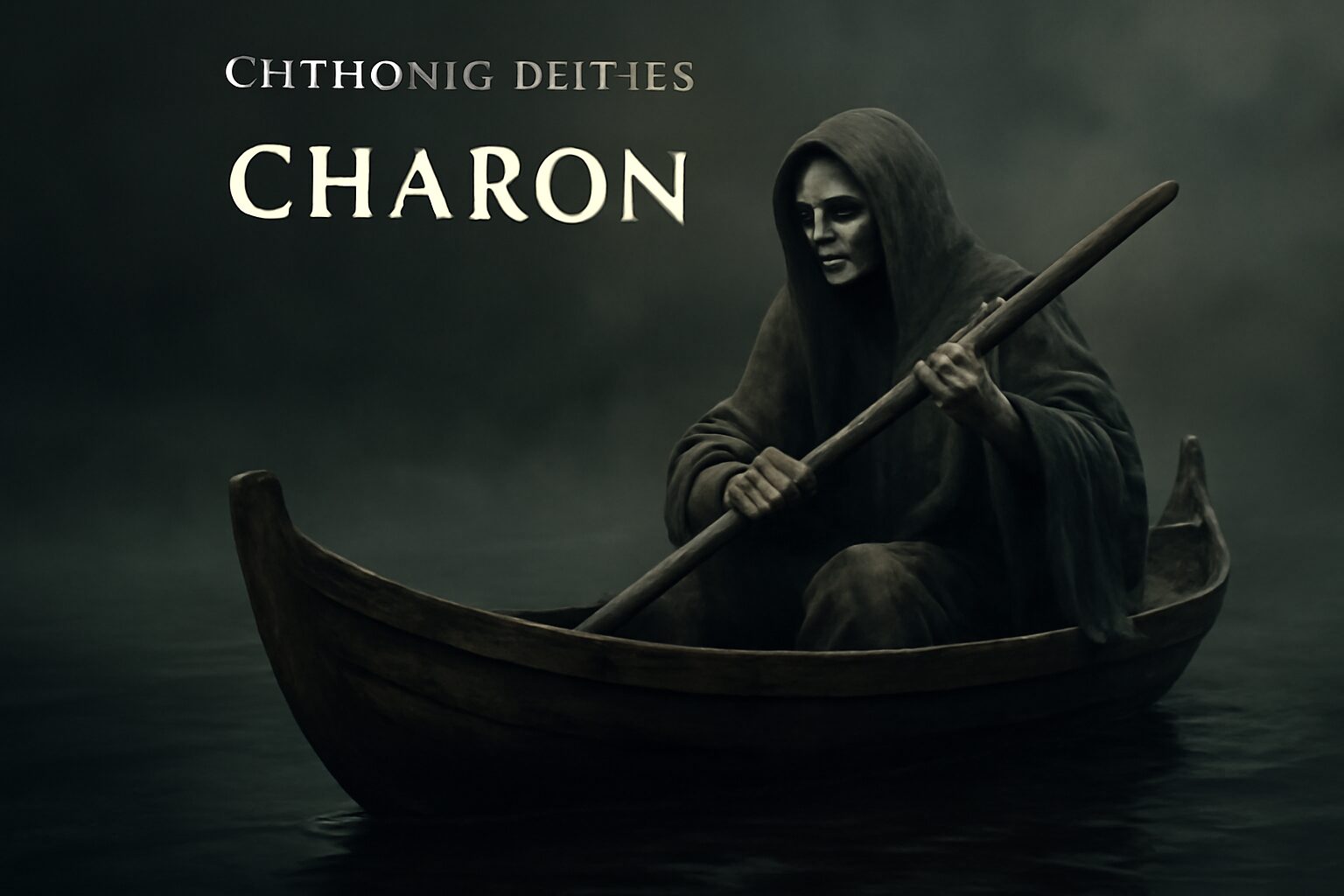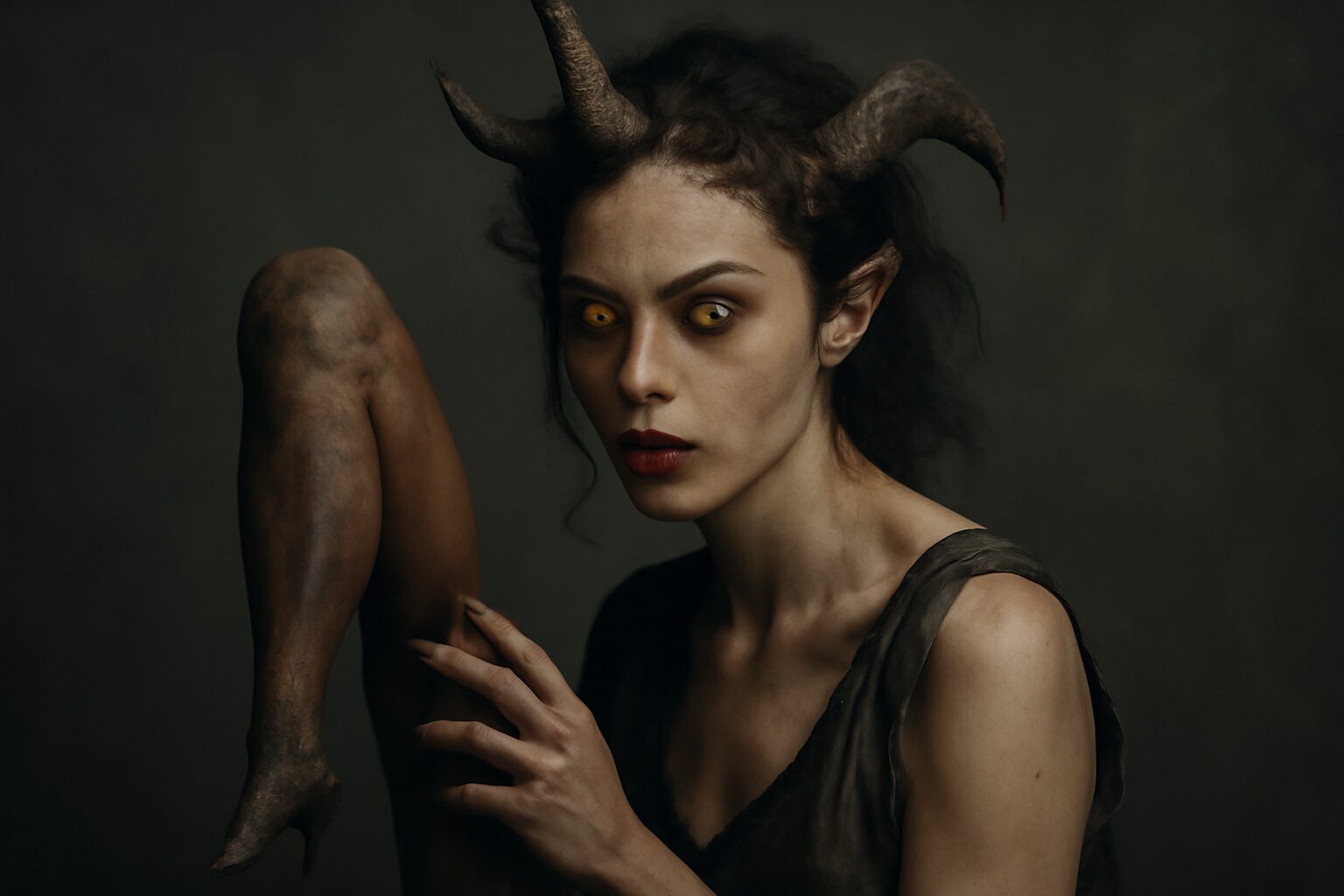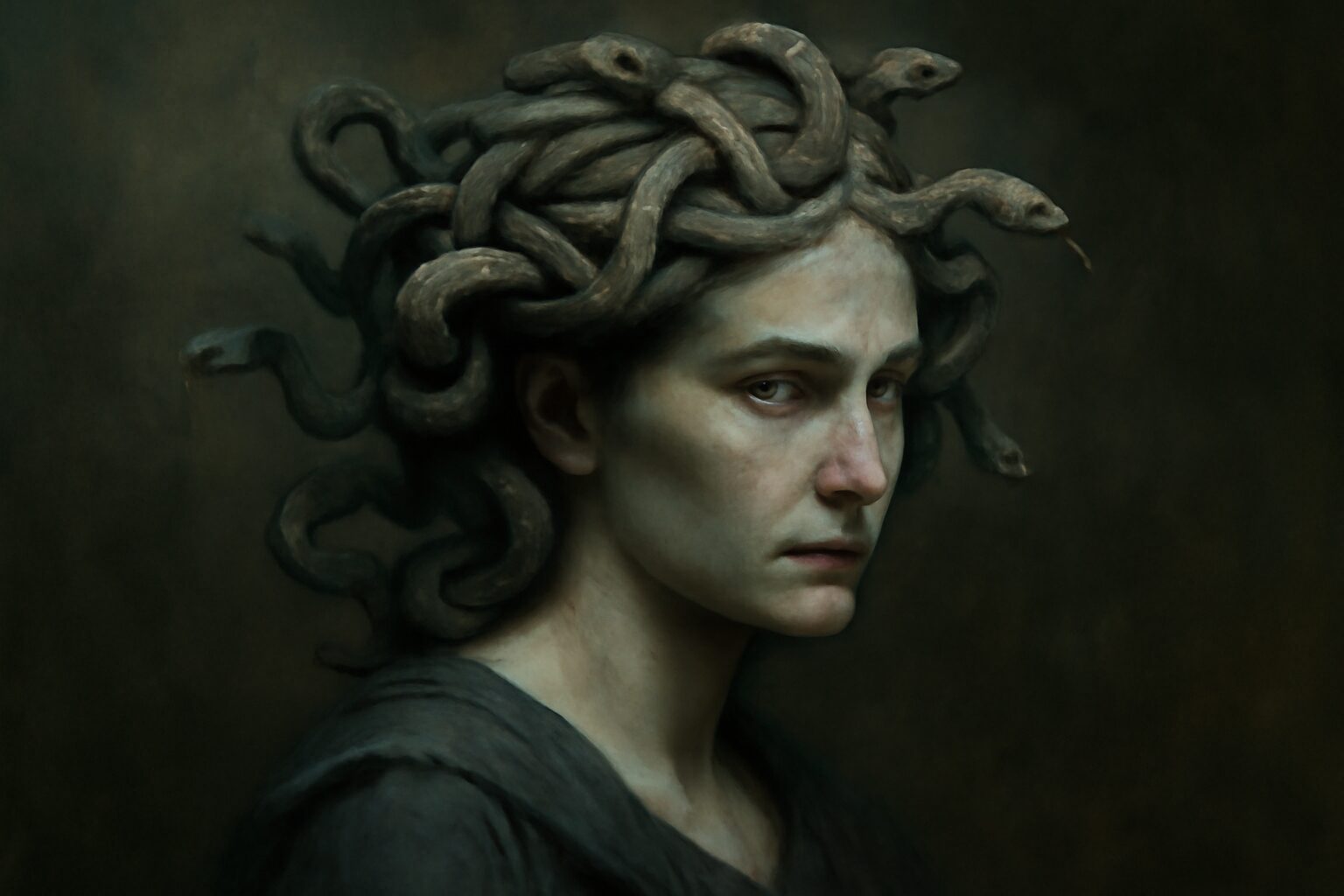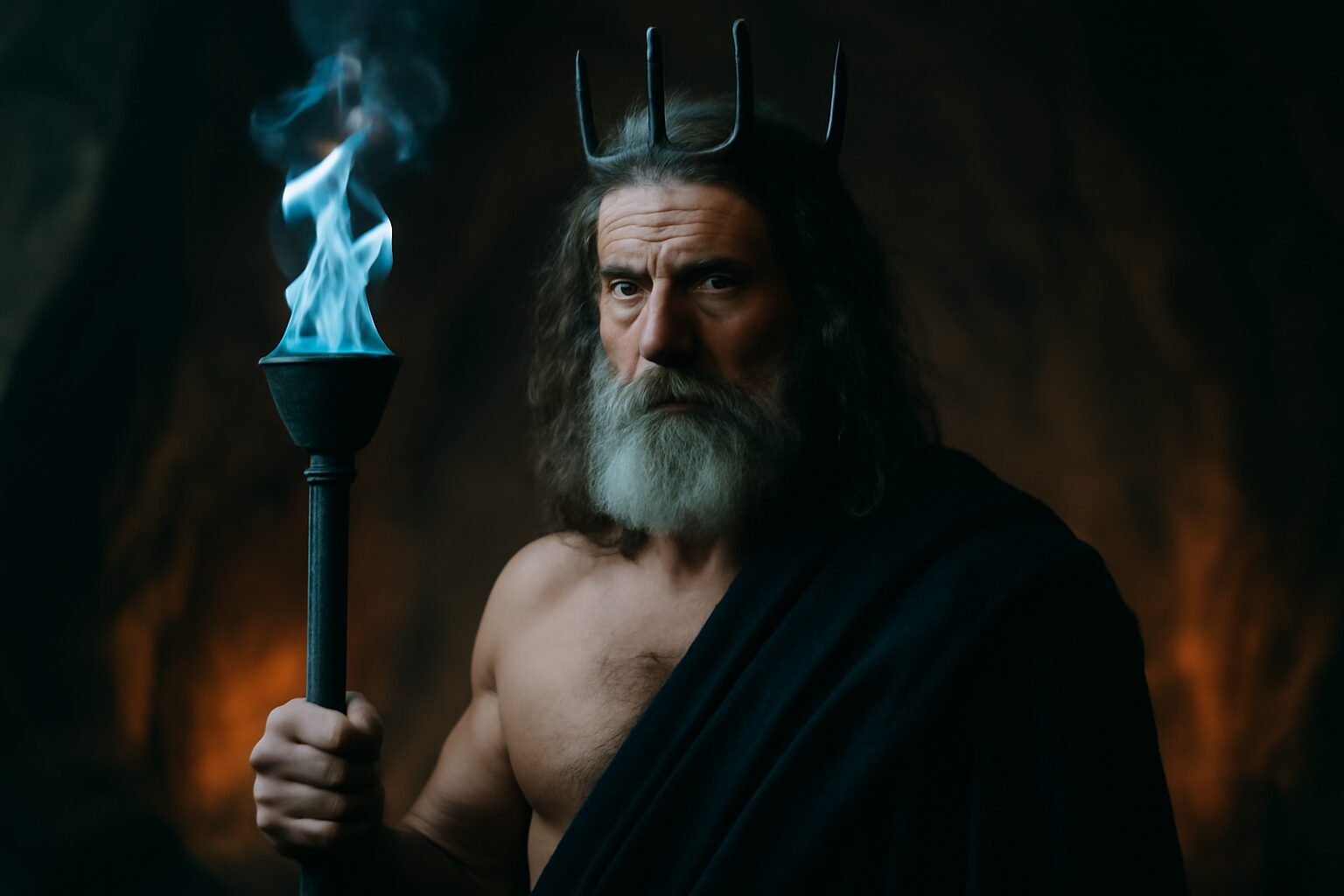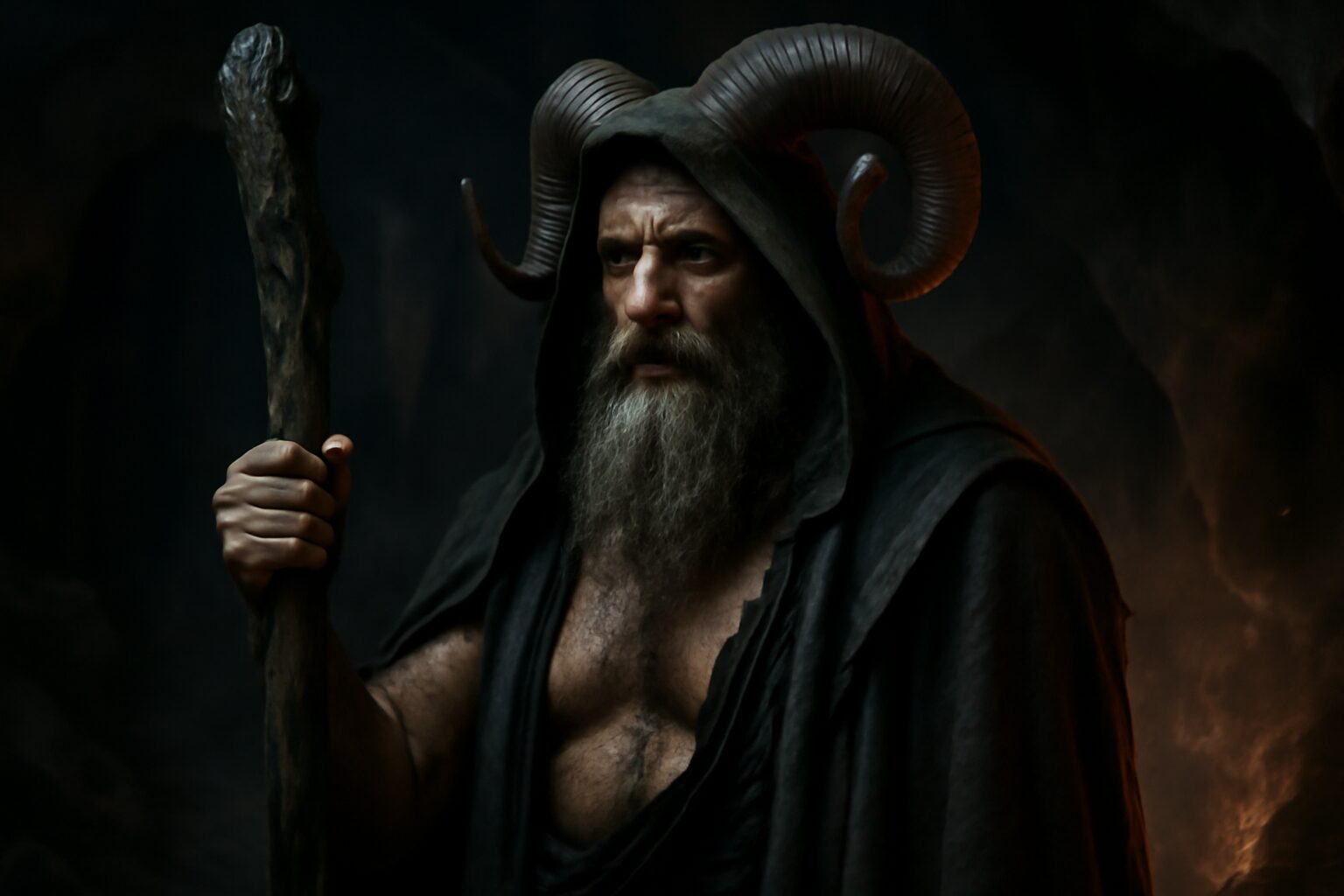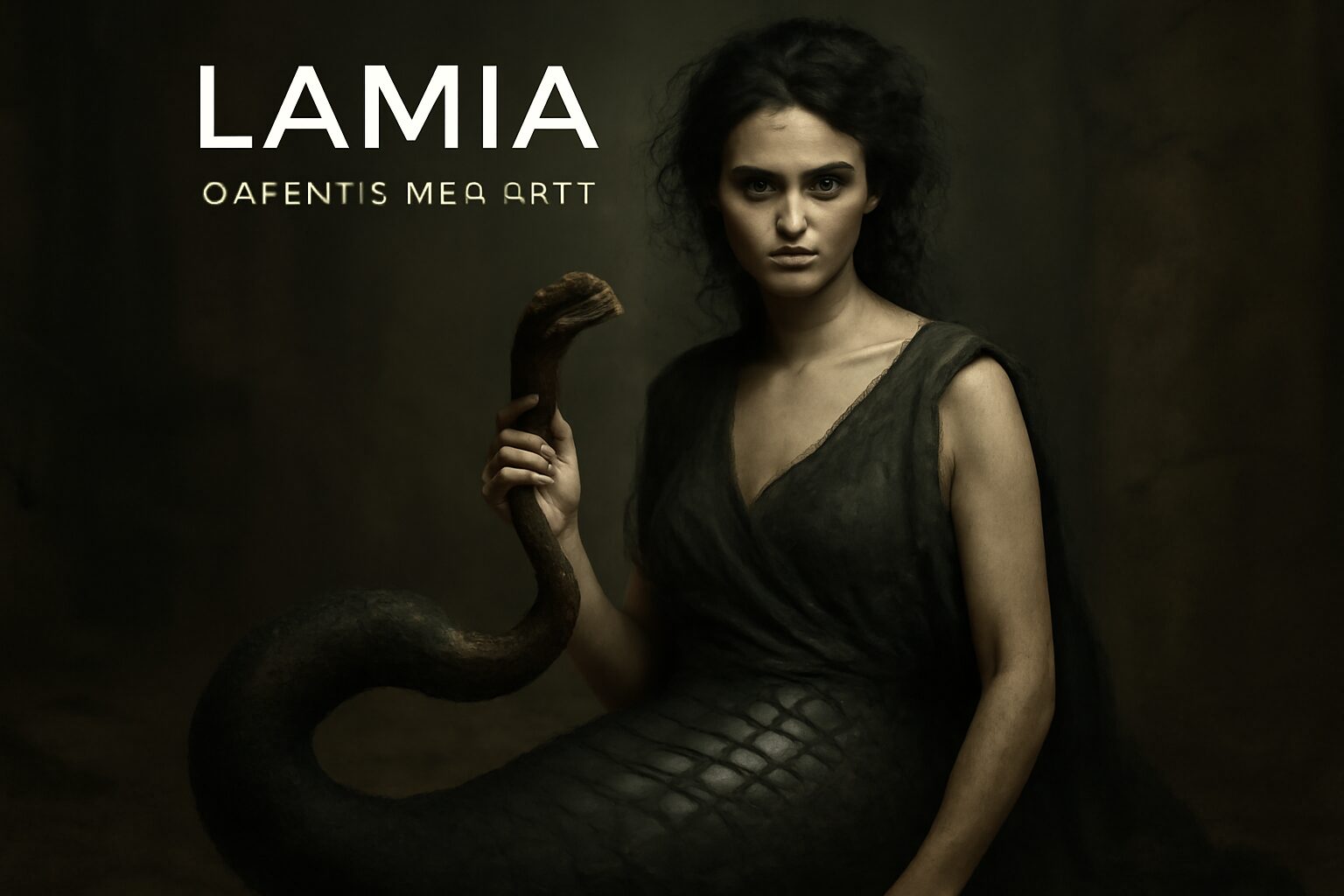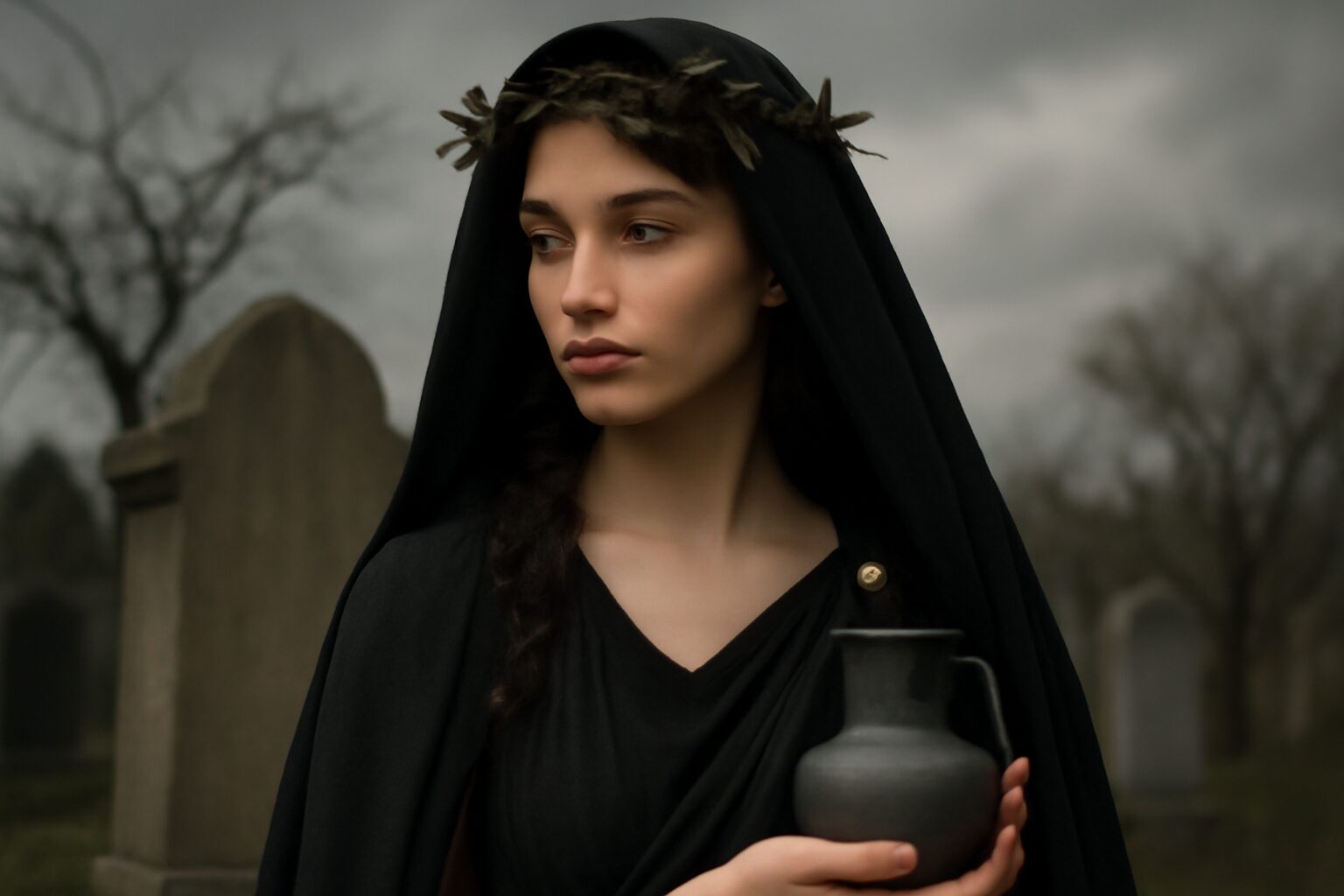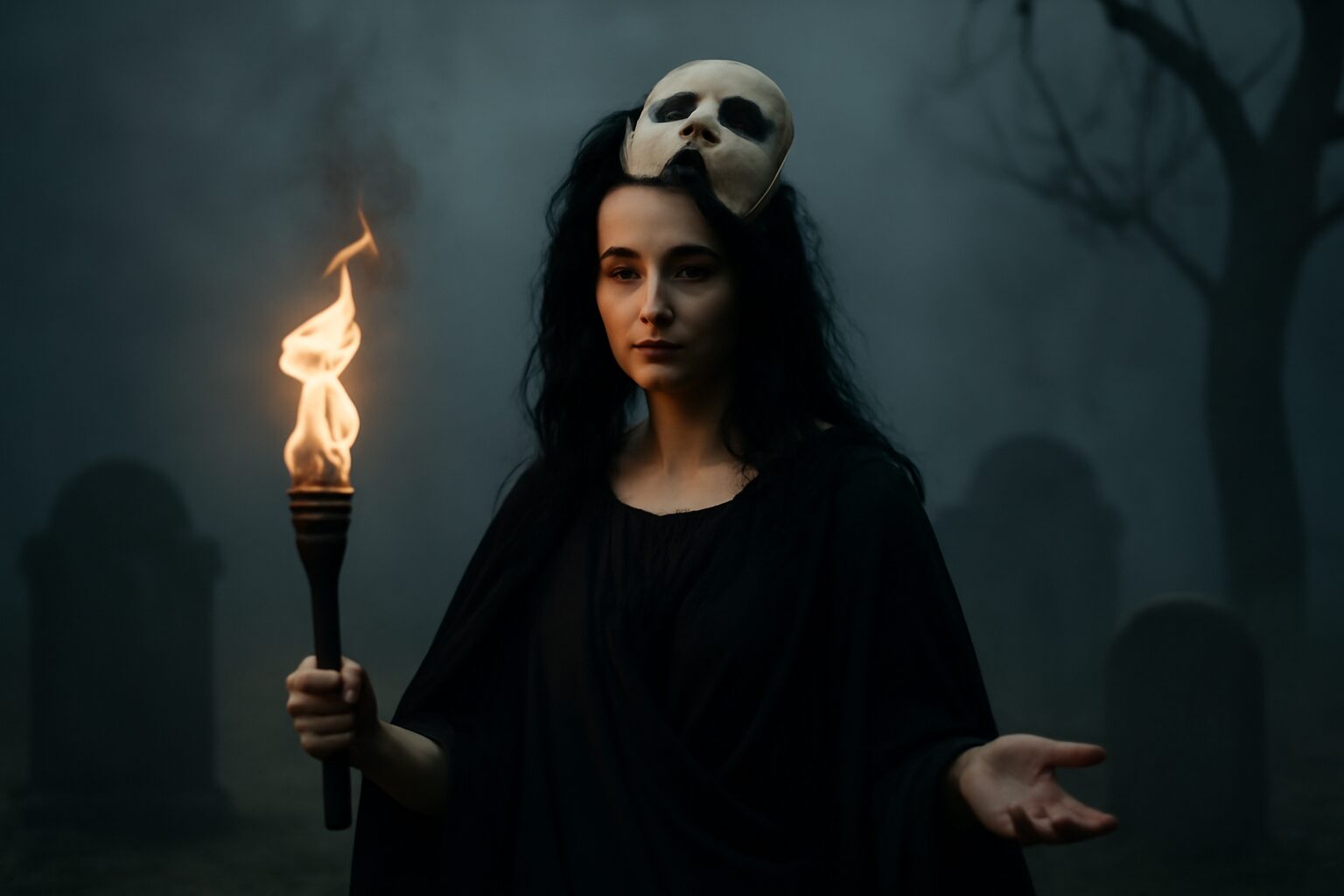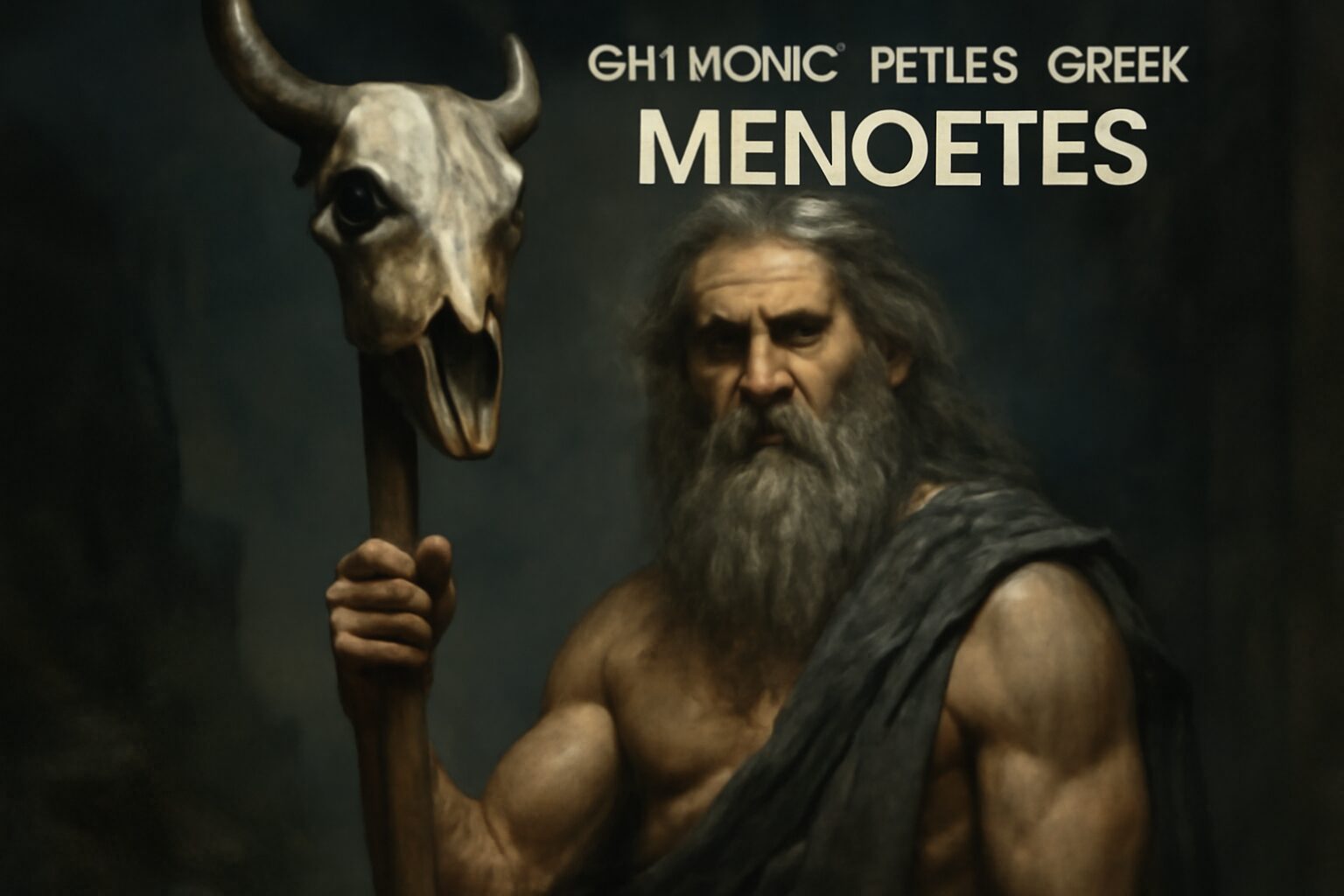Hecate: The Enigmatic Goddess of Magic and Crossroads
Hecate is one of the most mysterious and powerful deities in Greek mythology. Known as the goddess of magic, witchcraft, the night, and crossroads, she holds a unique position among the Olympians. Unlike many other gods, Hecate predates the classical Greek pantheon, with origins tracing back to ancient Anatolian and Thracian traditions.
Powers and Domains
Hecate is a triple-faced goddess, often depicted holding torches, keys, or accompanied by dogs—symbols of her dominion over the night and the underworld. She possesses immense magical abilities, including prophecy, necromancy, and control over spirits. As the goddess of crossroads, she governs transitions, choices, and the boundaries between worlds. Worshippers would leave offerings at three-way crossroads to seek her favor or protection.
Mythology and Relationships
Hecate plays a pivotal role in several myths. She aided Demeter in her search for Persephone, using her torches to light the way through the darkness. In gratitude, Zeus granted her a share of power over earth, sky, and sea. Though often associated with the underworld, Hecate is not a chthonic deity in the traditional sense—she moves freely between realms.
Her relationships with other gods are complex. She is sometimes considered a Titan, the daughter of Perses and Asteria, yet she retains her status even after the Olympians overthrow the Titans. Unlike many goddesses, Hecate never marries, embodying independence and mystery.
Significance and Worship
Hecate was both revered and feared in ancient Greece. As a protector of the home, she was invoked to ward off evil spirits. Her connection to magic made her a patron of witches and sorcerers, and her festivals, such as the Deipnon, involved rituals to appease restless souls. Over time, her image evolved—from a benevolent guide to a more ominous figure associated with dark magic in later Roman interpretations.
Today, Hecate remains a symbol of feminine power, transformation, and the unseen forces that shape destiny. Her legacy endures in modern witchcraft and neo-pagan traditions, where she is honored as a guardian of wisdom and the mystical arts.
Alternative Names for Hecate
God Name: Trivia (Roman)
In Roman mythology, Hecate was often identified with Trivia, the goddess of crossroads. The name Trivia reflects her association with three-way crossroads and her triple aspect as a goddess of magic, the moon, and the underworld.
God Name: Chthonia (Greek)
Chthonia is an epithet for Hecate, emphasizing her connection to the underworld and the earth. It derives from the Greek word 'chthon,' meaning 'earth' or 'underworld,' highlighting her role as a chthonic deity.
God Name: Enodia (Greek)
Enodia is another epithet for Hecate, meaning 'she on the way' or 'goddess of the roads.' This name underscores her association with crossroads, travel, and transitions, often invoked for protection during journeys.
God Name: Kleidouchos (Greek)
Kleidouchos, meaning 'key-bearer,' is an epithet for Hecate, symbolizing her role as a guardian of gates and thresholds. She was believed to hold the keys to the underworld and the mysteries of the cosmos.
God Name: Soteira (Greek)
Soteira, meaning 'savior,' is an epithet for Hecate, reflecting her protective and benevolent aspects. She was often invoked for deliverance from harm and guidance in difficult times.
God Name: Trioditis (Greek)
Trioditis, meaning 'of the three ways,' is an epithet for Hecate, emphasizing her connection to three-way crossroads. This name highlights her role as a liminal deity presiding over transitions and choices.
Tales about Hecate
The Torchbearer's Alliance: Hecate and Persephone
When Persephone was abducted by Hades, it was Hecate who heard the maiden's cries from her cave. The goddess of witchcraft emerged with torches blazing, becoming the only witness to the underworld's theft. Hecate guided Demeter through the darkness of her grief, and when Persephone returned for part of each year, Hecate became her companion and guide in the transitions between worlds. Their bond forged an eternal connection between witchcraft and the changing seasons.
The Crossroads of Two Goddesses
At every crossroads where Hecate's power was strongest, offerings would appear for both goddesses—pomegranates for Persephone's journey and honey cakes for Hecate's guidance. This partnership created the sacred tradition of leaving offerings at crossroads during seasonal changes, honoring both the queen of the underworld and the goddess who lights the way between realms.
The Starlight Pact: Hecate and Artemis
Artemis, goddess of the hunt, once found herself pursuing a mystical stag that vanished at a moonlit crossroads. There stood Hecate, her torches casting silver shadows. Recognizing their shared connection to moonlight and wilderness, the goddesses formed an alliance. Hecate taught Artemis secrets of the night, while Artemis showed Hecate the sacred paths through untamed forests.
Guardians of Women and Transitions
Together they became protectors of women in transition—those entering motherhood, changing stations in life, or developing mystical abilities. Their combined symbols—Artemis' bow and Hecate's torches—became sacred to women seeking strength during life's changes. To this day, some priestesses still call upon both goddesses during moon ceremonies, honoring their ancient pact under the stars.
Frequently Asked Questions
Who is Hecate in Greek mythology?
Hecate is a goddess in Greek mythology associated with magic, witchcraft, the night, the moon, ghosts, and crossroads. She is often depicted as a triple goddess, holding torches or keys, and is known as a protector of the household and a guide for the dead.
What are chthonic deities in Greek mythology?
Chthonic deities are gods and spirits in Greek mythology associated with the underworld, earth, and the afterlife. The term 'chthonic' comes from the Greek word 'chthon,' meaning 'earth.' These deities, like Hades and Persephone, were often worshiped with different rituals than the Olympian gods, sometimes involving nighttime ceremonies or offerings poured into the ground.
Why is Hecate important in Greek mythology?
Hecate is important because she represents the liminal spacesu2014thresholds between worlds, such as crossroads, doorways, and the boundary between life and death. She was believed to have power over spirits and was invoked for protection, guidance, and magical practices. Her role as a mediator between the living and the dead made her a significant figure in ancient Greek religion.
How are chthonic deities different from Olympian gods?
Chthonic deities differ from Olympian gods in their domains and worship practices. While Olympians like Zeus and Athena ruled over the sky, wisdom, and human affairs, chthonic deities were tied to the earth, death, and the underworld. Worship of chthonic gods often involved darker, more solemn rituals, such as sacrifices performed at night or offerings buried in the ground, unlike the Olympians' daylight festivities.
What can modern people learn from Hecate and chthonic deities?
Modern people can learn about the ancient Greeks' understanding of life, death, and the unseen forces of the world through Hecate and chthonic deities. These figures remind us of the importance of transitions, boundaries, and respecting the mysteries of existence. Hecate, in particular, symbolizes intuition, transformation, and the power of the unseenu2014themes still relevant in spirituality and self-discovery today.

